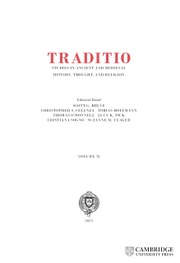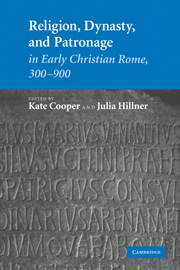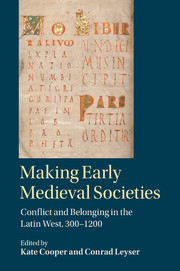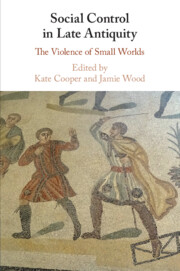The Fall of the Roman Household
Edward Gibbon laid the fall of the Roman Empire at Christianity's door, suggesting that 'pusillanimous youth preferred the penance of the monastic to the dangers of a military life ... whole legions were buried in these religious sanctuaries'. This surprising study suggests that, far from seeing Christianity as the cause of the fall of the Roman Empire, we should understand the Christianisation of the household as a central Roman survival strategy. By establishing new 'ground rules' for marriage and family life, the Roman Christians of the last century of the Western empire found a way to re-invent the Roman family as a social institution to weather the political, military, and social upheaval of two centuries of invasion and civil war. In doing so, these men and women - both clergy and lay - found themselves changing both what it meant to be Roman, and what it meant to be Christian.
- Emphasises the contribution of women and family networks to developments in 'male' institutions such as the Church
- Offers an interdisciplinary approach to religious and family history
- Makes use of overlooked sources (especially the little-known conduct manuals for married Christian women)
Product details
April 2008Adobe eBook Reader
9780511389047
0 pages
0kg
This ISBN is for an eBook version which is distributed on our behalf by a third party.
Table of Contents
- 1. 'The battle of this life'
- 2. 'The obscurity of eloquence'
- 3. Household and empire
- 4. 'Such trustful partnership': the marriage bond in Latin conduct literature
- 5. The invisible enemy
- Appendix. Ad Gregoriam in palatio: an English translation.

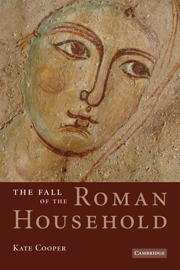
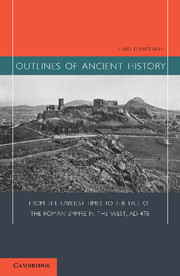
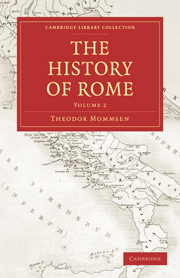
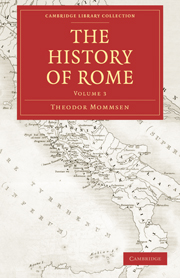
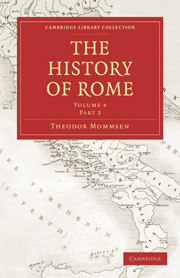


.jpg)
.jpg)
